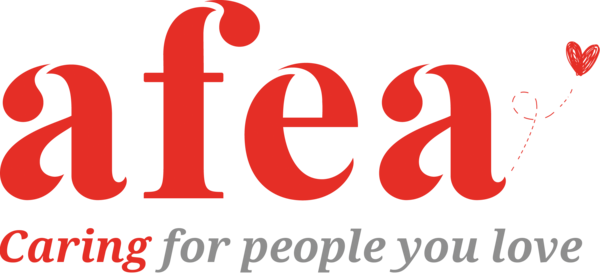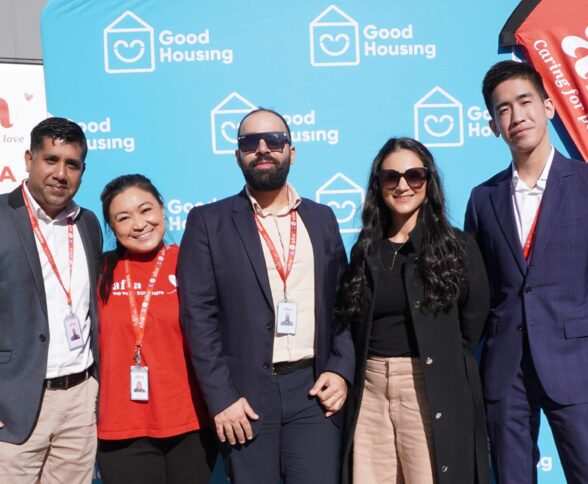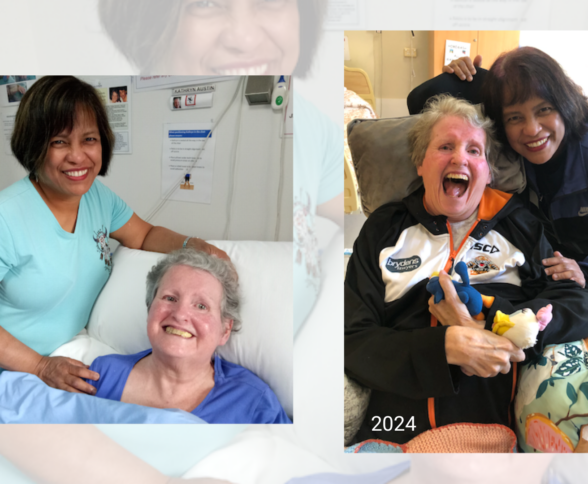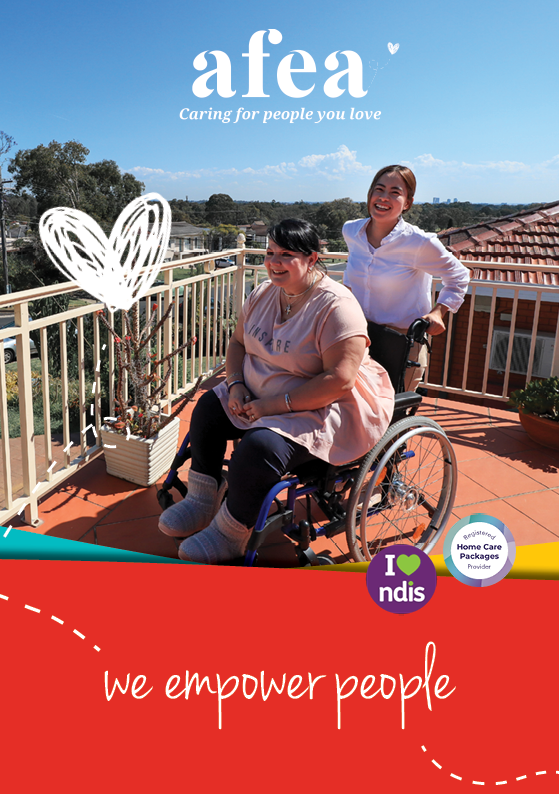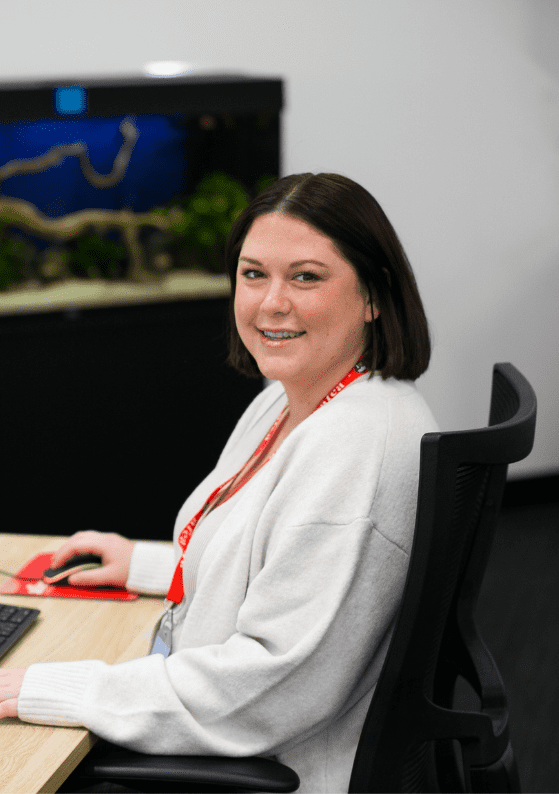This month, many of us Afeans are doing the STEPtember challenge to raise funds for people with cerebral palsy. We’re dutifully taking 10,000 steps every day for 30 days. We hope the money we raise will go towards vital support like customising a wheelchair for a child or even help fund research to better understand the genetic causes of cerebral palsy.
For many of us, supporting people through complex care needs is not something we do just in September. At Afea, we work every day to provide care and support for some of our beautiful clients who live with a variety of conditions, like cerebral palsy.
Jesse is one of these Afeans. He has worked at Afea for three years, mainly as a Care Coordinator. Here he explains what he does in his role to facilitate care for Michael, one of our clients with cerebral palsy. He explains in his words
It’s important to listen
I’ve been a Care Coordinator for Michael for a few years. During that time, I’ve built a great rapport with him and his wife Janet.
Michael is almost non-verbal, although when I listen carefully, I can understand what he is saying. I think it’s important to take the time to listen to our clients with complex needs.
I think you should always do your best to understand what they’re communicating.
It’s so important for Michael to find the right supports to help him achieve his goals.
His primary goal is to live a meaningful life with dignity. He has 24 hour supports to help him with everything from showering and daily needs, cooking and cleaning and someone there overnight to make sure he stays safe and secure.
Finding specialist carers for someone with complex care needs
For people with physical disabilities like Michael, it’s important you find the right carers. In my role as Care Coordinator, I had to make sure every person who cared for him had the right training.
They need to have completed hoist training so they can move Michael out of his bed or chair and transfer him into other rooms.
They need experience with manual handling and using a pelican belt.
We also sometimes use our Registered Nurses for training due to some specific complex care needs.
It’s also important to have Support Workers who have plenty of experience. Some people may have done some training in an aged care facility, but it’s different working in NDIS because the work is so broad, dependent on needs.
Michael was in hospital last year after having surgery on his neck. After the surgery Michael had two Support Workers with him while he was there providing personal care, feeding him and giving him social support.
An occupational therapist also trained them to massage his neck and other areas where he had difficulties, like his hips. This helped him recover better after his surgery.
An ongoing relationship with Michael
I have to admit that it’s sometimes emotional work. I‘ve built a rapport with Michael and I see what he goes through. I can only do my best to facilitate his needs to help him live a meaningful life.
Recently, Michael had an issue with his wheelchair. There were a few issues with getting a repairer before his OT assessment. So, I went over in my own time and fixed his wheelchair. He appreciated that.
I wish I could do more to help him, although I visit when I can. I’ve recently taken on a new role at Afea but lucky for me, I will still be assigned to Michael and Janet, and even have access to a company car to help me get there. I can continue being there every step of the way, as much as I can.”
